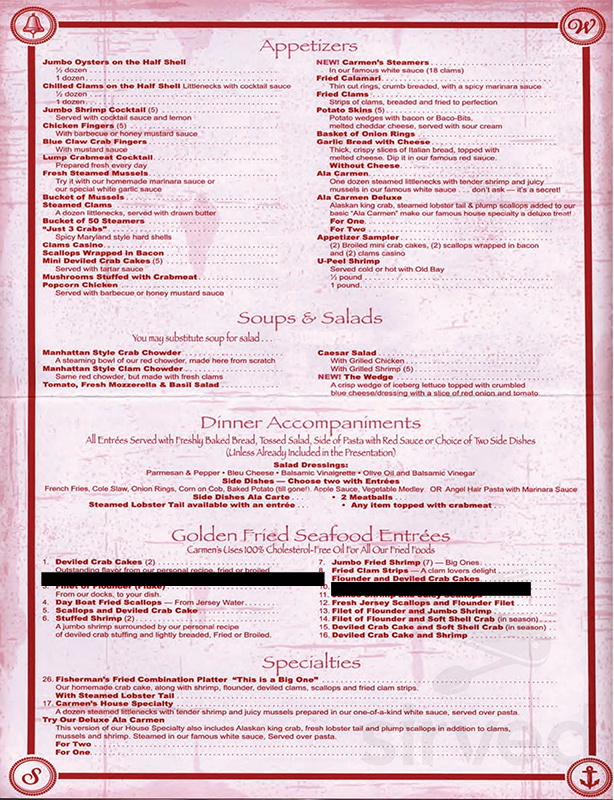Crashing Population Triggers 2022 Alaskan Snow Crab Harvest Cancellation
The midsection of the population spectrum will not really comprehend the reality of the global climate emergency until they can’t get their favorite stuff. This is especially true of luxury food items.
This week we can add more items to the list: Alaskan snow crabs and Maine clams, both of which are in a global warming-driven steep decline that threatens the livelihood of major US fisheries.
The Alaskan Red King Crab and Snow Crab harvest has been cancelled due to a population crash in Bering Sea fisheries, a slow and then accelerating decline driven by global warning. Scientists believe the young crabs are starving caused by uncharacteristically warm waters, which limits the size of their early bedding growth habitat.
The current crisis originated in 2019 with a warming event that actually changed the balance of this ecosystem. This is the second consecutive year the red king crab fishery will be closed.
This painful decision is unprecedented and will carry a price tag of $ hundreds of millions for the local economy (not to mention the cumulative cost as shortages move through wholesale and retail markets).
Scientists estimate that a billion crabs have gone missing from the iconic fishery, reflecting a decline from around 8 billion in 2018. Alaska and the rest of the Arctic region is warming up to four times faster than the rest of the planet and has been impacted by recurring marine heat waves.
Snow crab is not the only species on the move from the heat in the Arctic. Since the early ‘80s, Alaska Pollock and Pacific halibut have moved northward by about 20 miles, a pattern that applies to numerous marine species around the planet.
“These are truly unprecedented and troubling times for Alaska’s iconic crab fisheries and for the hard-working fishermen and communities that depend on them,”
– Jamie Goen, executive director of Alaska Bering Sea Crabbers
